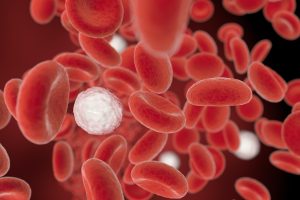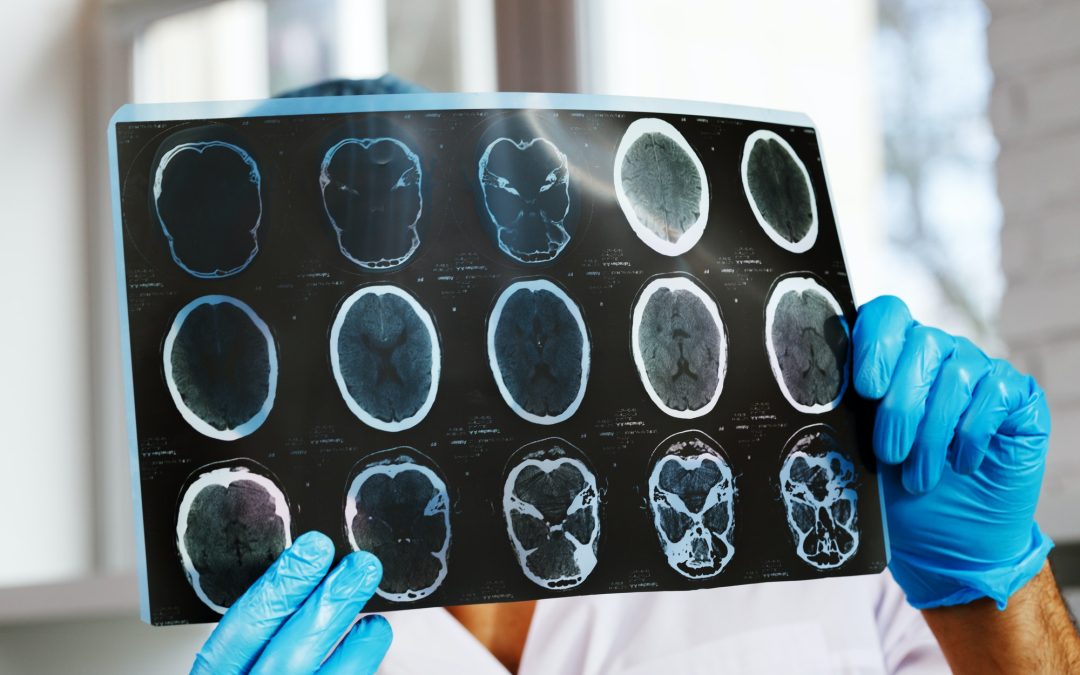There are many risks associated with cholesterol, but does high cholesterol put you at risk for a stroke? Let’s find out.
While it gets a bad rap, cholesterol is actually necessary for making cell membranes, hormones, and bile acids. However, when your cholesterol levels are too high, it can increase your risk of stroke and other chronic conditions.
The following is an overview of the relationship between cholesterol and strokes and how you can reduce your levels.
Cholesterol Explained
 Cholesterol comes from two main places: your liver and dietary sources. To help cholesterol travel through your blood, the liver makes lipoproteins that transport it in your arteries.
Cholesterol comes from two main places: your liver and dietary sources. To help cholesterol travel through your blood, the liver makes lipoproteins that transport it in your arteries.
There are two main types of cholesterol: low-density lipoprotein (LDL) cholesterol and high-density lipoprotein (HDL) cholesterol. LDL cholesterol is the “bad” type because it contributes to plaque buildup, which narrows and clogs your arteries. In contrast, HDL cholesterol is the “good” type because it helps remove excess LDL cholesterol from your arteries.
Other things to keep in mind are your triglyceride levels and total cholesterol. Triglycerides are a type of fat in the blood and having too many can also contribute to plaque buildup. On the other hand, total cholesterol represents your LDL and HDL levels as well as 20% of your triglyceride levels.
High Cholesterol and Stroke
To determine whether you have high cholesterol or not, you need to undergo a lipid profile exam. MedlinePlus provides a chart that explains how the results for each cholesterol type are categorized.
So how does high cholesterol affect your chances of a stroke? First, let’s identify the two main types of strokes. Ischemic strokes happen when a blood vessel gets blocked by either plaque or a blood clot. On the other hand, hemorrhagic strokes happen when a blood vessel ruptures and causes sudden bleeding.
High cholesterol can lead to atherosclerosis, which is when plaque buildup narrows and stiffens your arteries. As a result, your blood flow is restricted and cannot pass through the arteries in your brain, leading to an ischemic stroke.
Improving Cholesterol
 There are various factors that increase your cholesterol, including obesity, smoking, lack of exercise, eating high-fat foods, and more. Still, there are things you can do to lower your cholesterol levels, namely through lifestyle changes and medications.
There are various factors that increase your cholesterol, including obesity, smoking, lack of exercise, eating high-fat foods, and more. Still, there are things you can do to lower your cholesterol levels, namely through lifestyle changes and medications.
For instance, you can eat nutritious and balanced meals, consume soluble fiber, stay active, and avoid smoking. You can also take certain prescription medications to help manage your levels such as statins and cholesterol absorption inhibitors.
In addition, you can take supplements to help give your health an extra boost. For example, L-arginine Plus contains ingredients that are effective at promoting cholesterol health, circulation, and more. If you’re ready to give your health the support it needs, then work to lower your cholesterol and take L-arginine Plus.

